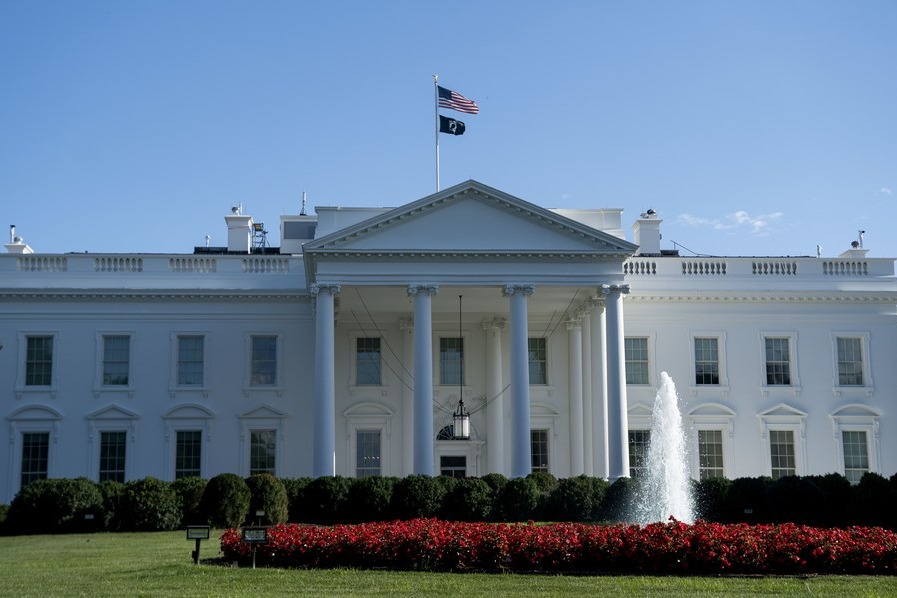German firms increase investments in China


German companies are increasing their direct investments in China this year, despite their government urging them to diversify.
According to data from Germany's central bank, the Bundesbank, shared with the Financial Times newspaper, German direct investments in China reached 2.48 billion euros ($2.71 billion) in the first quarter of 2024, increasing to 4.8 billion euros in the second quarter.
The total investment in the first six months of 2024 amounts to 7.3 billion euros, surpassing the 6.5 billion euros invested throughout all of 2023.
The surge in investment, largely fueled by major German automotive companies, continues despite warnings from Chancellor Olaf Scholz's administration about increasing geopolitical risks linked to the Chinese market and European Commission President Ursula von der Leyen urging businesses across the European Union to reduce their exposure to Asia's biggest economy.
Major companies, particularly automakers, appear to be disregarding Berlin's warnings, continuing to concentrate their investments in the Chinese market.
Audi launched an electric vehicle production base in January, Mercedes-Benz and BMW, in a joint venture, plan 1,000 supercharging stations by 2026, and optoelectronics manufacturer Zeiss has opened its largest quality center in Guangdong province.
German companies are reinvesting a significant portion of their Chinese profits back into China, with the Cologne Institute for Economic Research reporting that more than half of last year's 19 billion euro earnings were reinvested there.
The FT said the trend reflects a new "In China, for China" strategy adopted by companies like Volkswagen, which are increasing production in China to serve one of their largest markets directly.
"Companies saw a lot of bottlenecks forming during the pandemic and the blockade of the Suez Canal," Friedolin Strack, a China expert at Germany's main business lobby BDI, told the paper.
"They are determined to reduce all risks in their supply chains by reorganizing them on a regional basis, through localization. That is happening a lot in China, especially."
Strong ties
There was evidence that Germany's economic relations to China might remain strong when top executives from Siemens and Mercedes-Benz joined Scholz on a visit to the world's second-largest economy in April.
A German Chamber of Commerce and Industry survey released in June revealed German companies have been increasingly optimistic about China's economy, with half of them planning to boost investments there.
The survey showed that 53 percent of German companies intend to increase their investments in China over the next two years, with respondents representing diverse sectors, including 30 percent in machinery and industrial equipment, and others across automotive, mobility, business services, electronics, and chemical industries.
A report from the American Chamber of Commerce in China in February revealed growing optimism among US investors, with most maintaining their operations in China.
Analysts cited in the report noted that beyond China's vast market, its resilient supply chains and improving innovation capabilities continue to attract foreign investment.
































